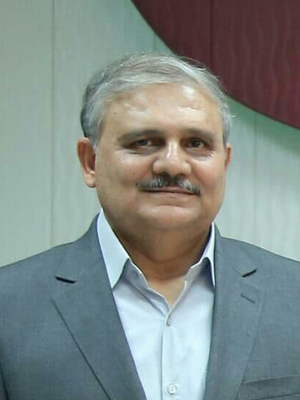Dr.Amir Hooshang Mirkooshesh
Taken from the article:
Analysis of Iran-Saudi Arabia Relations from the Perspective of Motivational Realism Theory (2005-2015)
Motivational realism can be considered as a branch of realism that focuses on security-seeker governments. Andrew Kidd first introduced the concept into the international relations literature in his book Trust and Distrust in International Relations. Although Randall Schweller had previously discussed the motivation of actors seeking security and greed for work, according to Glazer, Kidd's argument is stronger and depends on a set of empirical topics.





